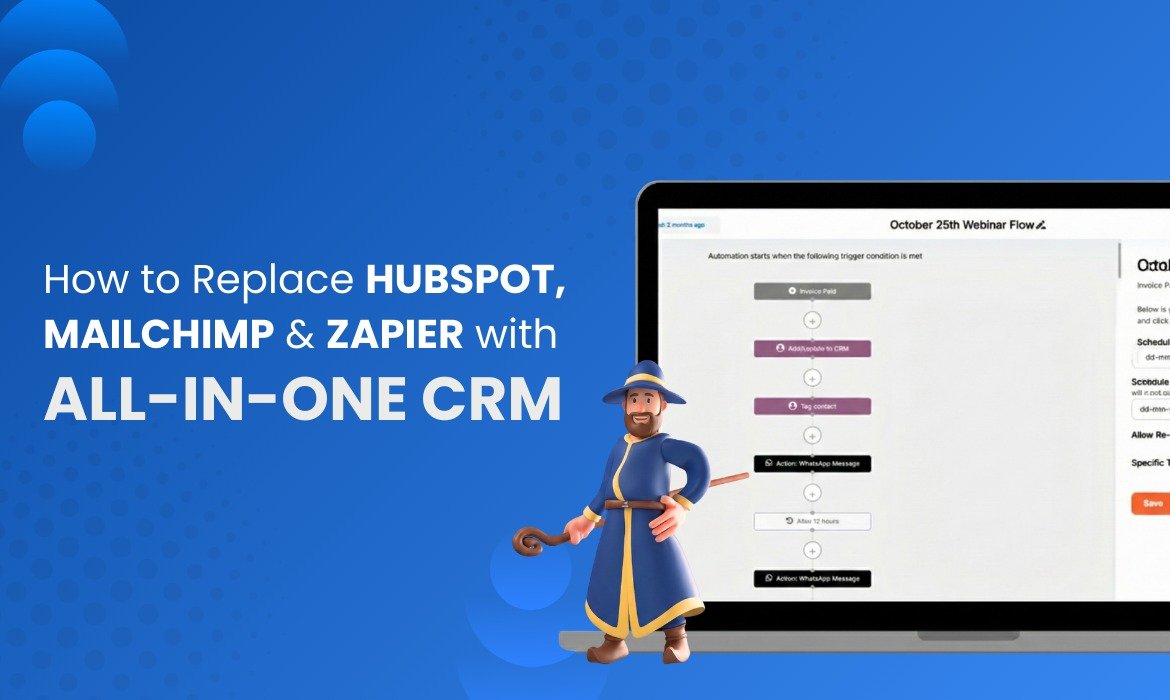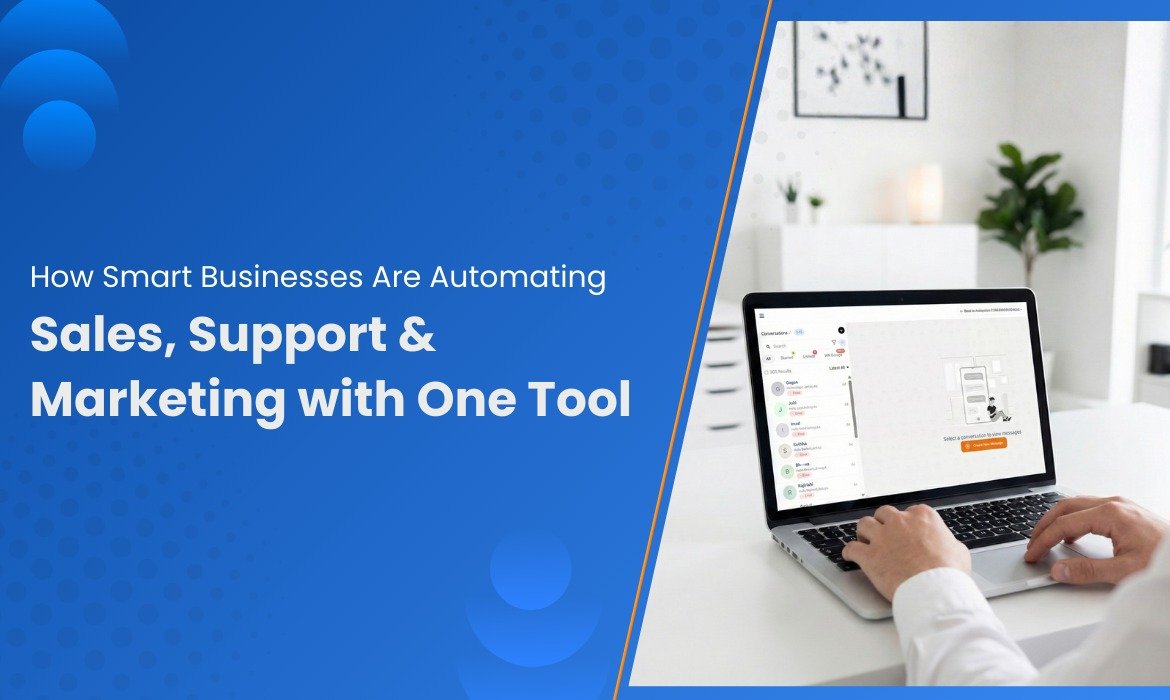
Managing a Google Ads account without routine audits is like driving with your eyes half-closed—you may be moving, but not necessarily in the right direction. Whether you’re running ads for an eCommerce store, a SaaS business, or a local service provider, regular and thorough audits ensure you’re maximizing your ad spend and achieving your marketing goals. In this blog, we’ll break down a step-by-step professional approach to auditing your Google Ads account, enabling you to boost ROI, uncover inefficiencies, and realign your efforts with your business objectives.
1. Start by Defining Your Goals and KPIs:
Before diving into metrics and dashboards, take a step back and define what success looks like for your business.
- What are your advertising goals?
Are you focusing on lead generation, product sales, app downloads, or brand awareness?
- What key performance indicators (KPIs) matter most?
Common KPIs include:
- Cost per conversion (CPC)
- Click-through rate (CTR)
- Conversion rate
- Return on ad spend (ROAS)
Clarifying your goals and KPIs will ensure that every part of your audit—whether it’s reviewing keywords or landing pages—directly aligns with your objectives.
2. Review Your Campaign Structure:
The architecture of your Google Ads account plays a crucial role in performance and ease of management. Start by evaluating how your campaigns and ad groups are set up.
- Are campaigns structured around your business goals or just product categories?
- Is there keyword overlap between ad groups or campaigns?
- Are naming conventions consistent and logical?
A well-structured account allows you to track performance cleanly and make swift optimizations. Look for opportunities to consolidate redundant campaigns or split overstuffed ad groups to improve relevancy and Quality Score.
3. Deep-Dive into Your Keyword Strategy:
Keywords are the foundation of search campaigns. Here’s how to ensure yours are pulling their weight:
- Review Keyword Relevance: Make sure your keywords align with your audience’s search intent. Irrelevant or overly broad keywords may be wasting your budget.
- Assess Match Types: Are you using an effective mix of broad match, phrase match, and exact match? Over-reliance on a broad match may result in unqualified clicks.
- Use Google Ads Keyword Planner: Identify opportunities for new high-intent keywords based on search volume and competition.
- Review the Search Terms Report: Look for irrelevant queries triggering your ads and add them as negative keywords to tighten targeting.
The goal is to increase relevance and reduce wasted spend by trimming out low-performing or irrelevant keywords.
4. Examine Your Ad Copy Performance:
Once you’ve ensured your ads are showing to the right people, ask yourself—are they clicking?
- Review All Variations: Are your headlines compelling? Are your descriptions clear and benefit-driven?
- Test Calls-to-Action (CTAs): Try multiple CTAs like “Get a Free Quote,” “Book Now,” or “Try Risk-Free,” and monitor which drives the most conversions.
- Align Copy with Keywords and Landing Pages: A mismatch can reduce Quality Score and increase CPC.
Use A/B testing continuously to identify winning ad variations. High-performing ad copy not only boosts CTR but also contributes to better Quality Scores, which can lower your costs.
5. Evaluate Your Landing Pages:
Driving clicks is only half the battle—your landing page is where conversions happen.
- Message Match: Does the content of your landing page align with the ad that led users there? If your ad promises “Free Trial Software,” the landing page should immediately reflect that.
- User Experience (UX): Pages should be fast, easy to navigate, and mobile-optimized. Check load times using tools like Google Page Speed Insights.
- Conversion-Focused Design: Use clear headlines, persuasive content, simple forms, and visual cues like buttons and arrows to guide users toward conversion.
Remember, even the most optimized ad can’t save a poorly designed landing page.
6. Analyze Your Bidding Strategy:
Your bidding strategy must align with your budget and goals. Here’s what to assess:
- What type of bidding are you using?
Manual CPC, Target CPA, Maximize Conversions, etc.
- Is your budget being fully utilized—or wasted?
Check for overdelivery or underutilization of daily budgets.
- Is your strategy automated?
Automated bidding can save time and adapt quickly, but it should be monitored and tested for performance.
Consider using a hybrid approach—leverage automated strategies for mature campaigns and manual strategies where greater control is needed.
7. Ensure Conversion Tracking is Accurate:
This is a big one. If you can’t measure conversions correctly, everything else in your audit is moot.
- Is Google Ads Conversion Tracking set up properly? Check that every meaningful action (form submission, purchase, call) is being tracked.
- Is your Google Analytics 4 (GA4) linked? This integration allows for deeper insights into user behavior and enhances remarketing capabilities.
- Are duplicate conversions being counted? This can skew performance data and lead to misinformed decisions.
Run test conversions to ensure your data is reliable, and periodically audit your tracking setup to match any updates to your website or funnel.
Bonus Tips for a Pro-Level Audit:
- Device & Location Performance: Are you wasting spend on mobile users who don’t convert or geographic regions outside your target market?
- Ad Scheduling: Are your ads running during optimal hours? Use time-of-day and day-of-week reports to refine scheduling.
- Audience Targeting: Are you leveraging in-market, affinity, and custom audiences to improve targeting precision?
Conclusion: Make Audits a Habit, Not a One-Off
Google Ads is not a set-it-and-forget-it platform. Trends, competition, and user behavior change constantly. A quarterly or monthly audit can help you spot inefficiencies, maximize your ROI, and gain an edge over competitors who aren’t putting in the same effort.
Need Help Auditing Your Google Ads Like a Pro?
At Aimglobal Digital, an performance marketing agency in Bangalore, we don’t just manage Google Ads—we engineer profitable performance campaigns. If you’re unsure about your ad spend, struggling with low conversions, or simply want to scale smarter, our team of certified experts is here to help. Your ads deserve to do more. Let Aimglobal Digital show you how.


![• Running ads but not seeing results
• We turn ad spend into leads sales and growth
• Proven results across Google Ads and Meta Ads
• Trusted by brands for performance marketingAimGlobal Performance Marketing• DM us to scale your campaigns
• Visit www.aimglobal.digital[performance marketing, paid ads, Google Ads, Meta Ads, lead generation, sales growth, digital advertising, AimGlobal]](https://aimglobal.digital/wp-content/plugins/instagram-feed/img/placeholder.png)




